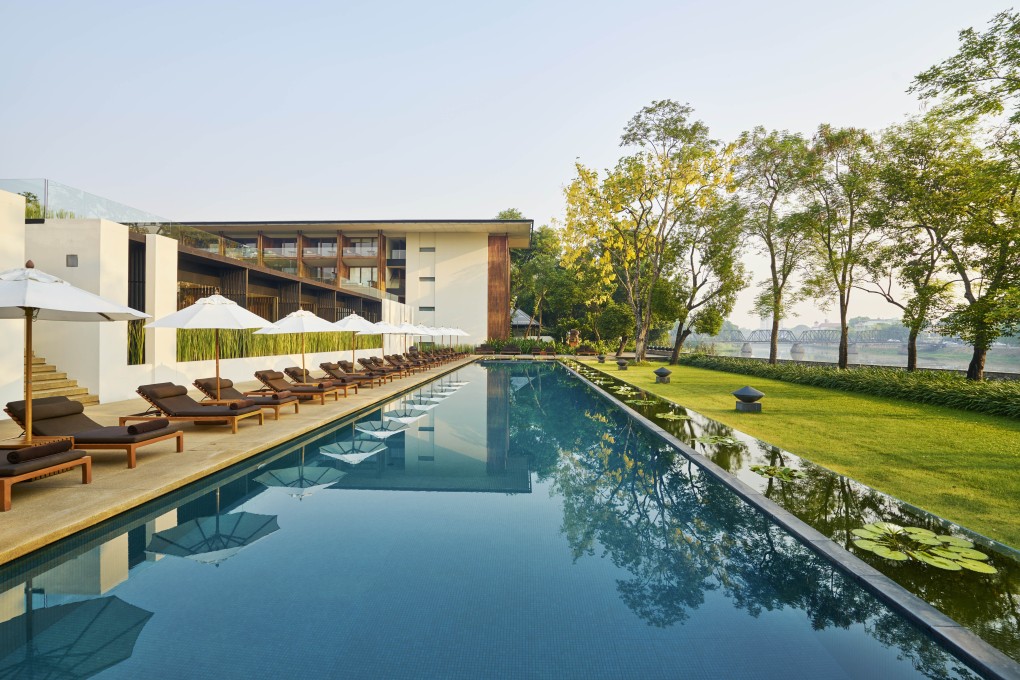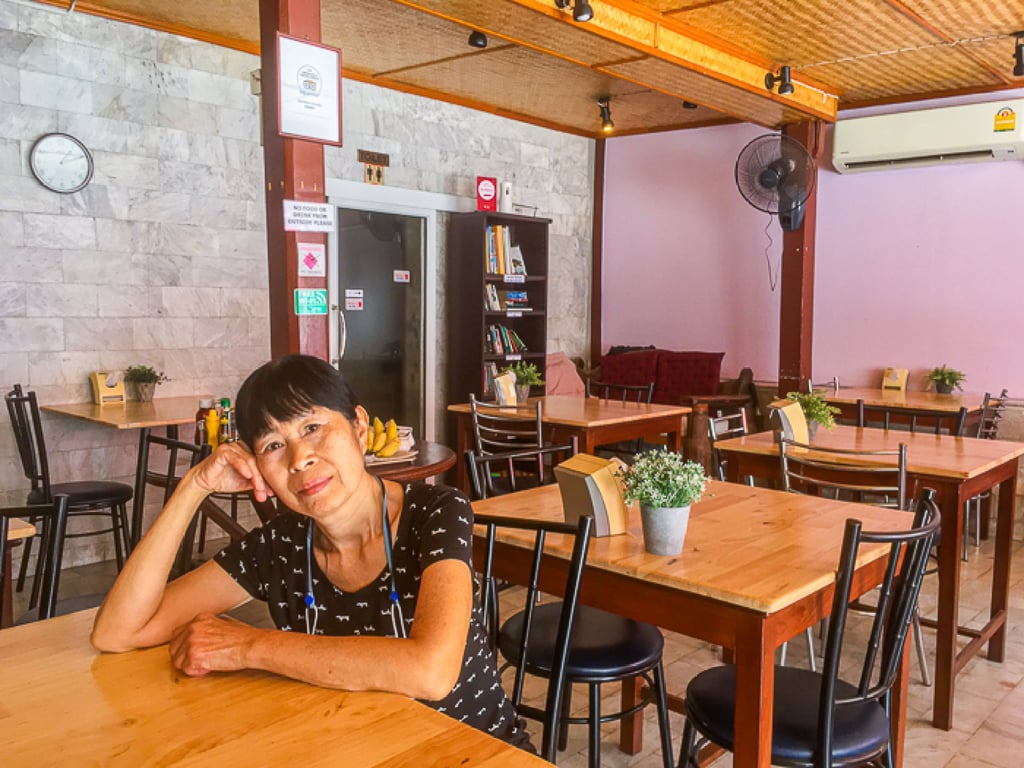‘World’s friendliest city’ Chiang Mai suffering with Covid-19 crippling tourism industry, but some are finding new ways to cope
- ‘It’s a disaster,’ says one restaurant owner, a view reflected across the city as the lack of international visitors takes its toll
- One massage school has turned to teaching on Zoom, while a hotel has launched a new food home-delivery brand, but other businesses have few options

By one measure, Chiang Mai, Thailand’s northern capital, has not suffered badly from the Covid-19 pandemic, with only a handful of cases and a single death in the province. Yet on the economic level, the lack of international visitors has crippled tourist-related businesses such as restaurants, hotels, bars, elephant camps and massage teachers.
“It’s a disaster,” says Ratana Jaikusol, owner of Ratana’s Kitchen, on Tha Pae Road, Chiang Mai’s main street. “[At this time of year] these tables are usually full, but look at them now.” She sweeps her hand around her empty restaurant. “No tourists, no money,” she sighs.
“These days we take less than 5 per cent of our usual earnings, and I’ve had to let most of our staff go. Now they work for Grab or Food Panda, and they deliver food from a motorbike, not at a table.”
On the eerily quiet streets of the city, it seems that every other motorbike rider is now working for one of these food delivery companies.

With typical Thai generosity, Ratana presents me with a bowl of khao soi, a mild chicken curry with soft and crispy noodles that is the city’s signature dish.